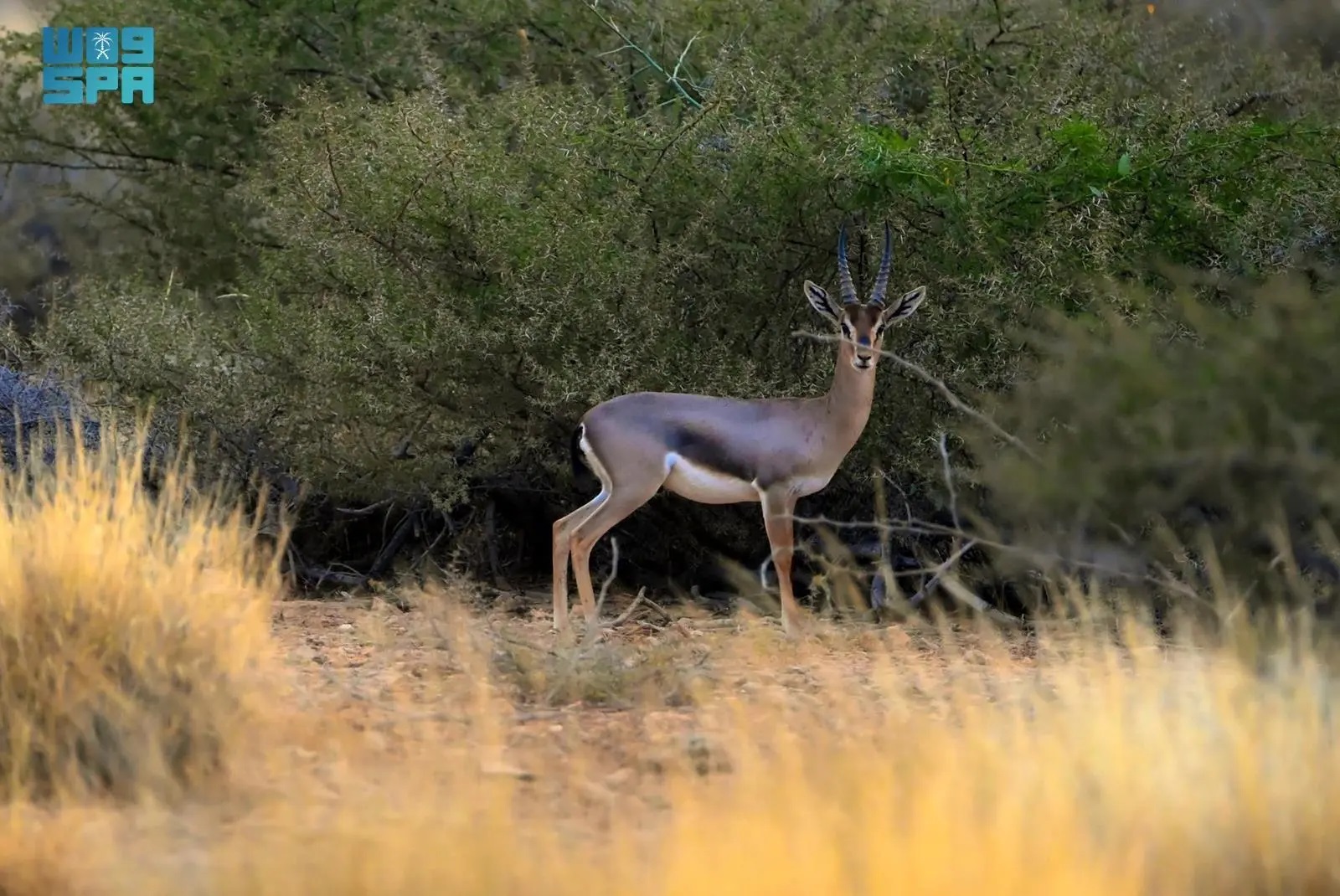
Farasan Islands: Where Turquoise Waters Meet Wildlife Wonders
Located 50 kilometers off the coast of Jazan, the Farasan Islands archipelago is a premier tourist destination in the Kingdom, featuring over 84 coral islands spread across approximately 1,050 square kilometers of breathtaking natural beauty. As a model of sustainable tourism, the islands harmonize environmental conservation with local economic growth, making them ideal for both adventure and relaxation.
Renowned for their pure white sands and turquoise waters, the Farasan islands attract diving and fishing enthusiasts from around the world. One of their most remarkable natural features is the expansive Al-Qandal Forest, which provides vital habitats for diverse wildlife.
This unique natural reserve is home to over 180 plant species and more than 200 bird species, including osprey, grey pelican, dark gull, heron, and sooty falcon, along with a variety of aquatic, shore, and migratory birds. Its rich marine ecosystem includes 230 fish species and numerous endangered species such as the green turtle, hawksbill turtle, sea urchins, dolphins, and occasional sightings of whales and sharks. Additionally, the islands feature around 50 species of coral, seaweed, and algae, and are also home to the endemic Arabian gazelle.
Beyond their natural splendor, the Farasan islands are steeped in cultural history. Archaeological treasures abound, notably the Al-Qassar Village with its ancient pre-Islamic stone houses and Beit Al-Rifai, a prominent historical landmark from the early 20th century. The islands have become a key tourist destination, attracting over 150,000 visitors annually. Authorities are actively developing the tourism sector by enhancing infrastructure, with plans to construct over 20 hotels and resorts. The archipelago is also experiencing a surge in marine activities, highlighted by the annual "Hareed Festival," a unique natural phenomenon that draws thousands of visitors to watch and participate in the catching of parrotfish.
As a vital component of the Kingdom Vision 2030, the Farasan islands are set for further tourism development, including improved transportation services and an increase in daily cruises, aiming to attract more domestic and international visitors.








